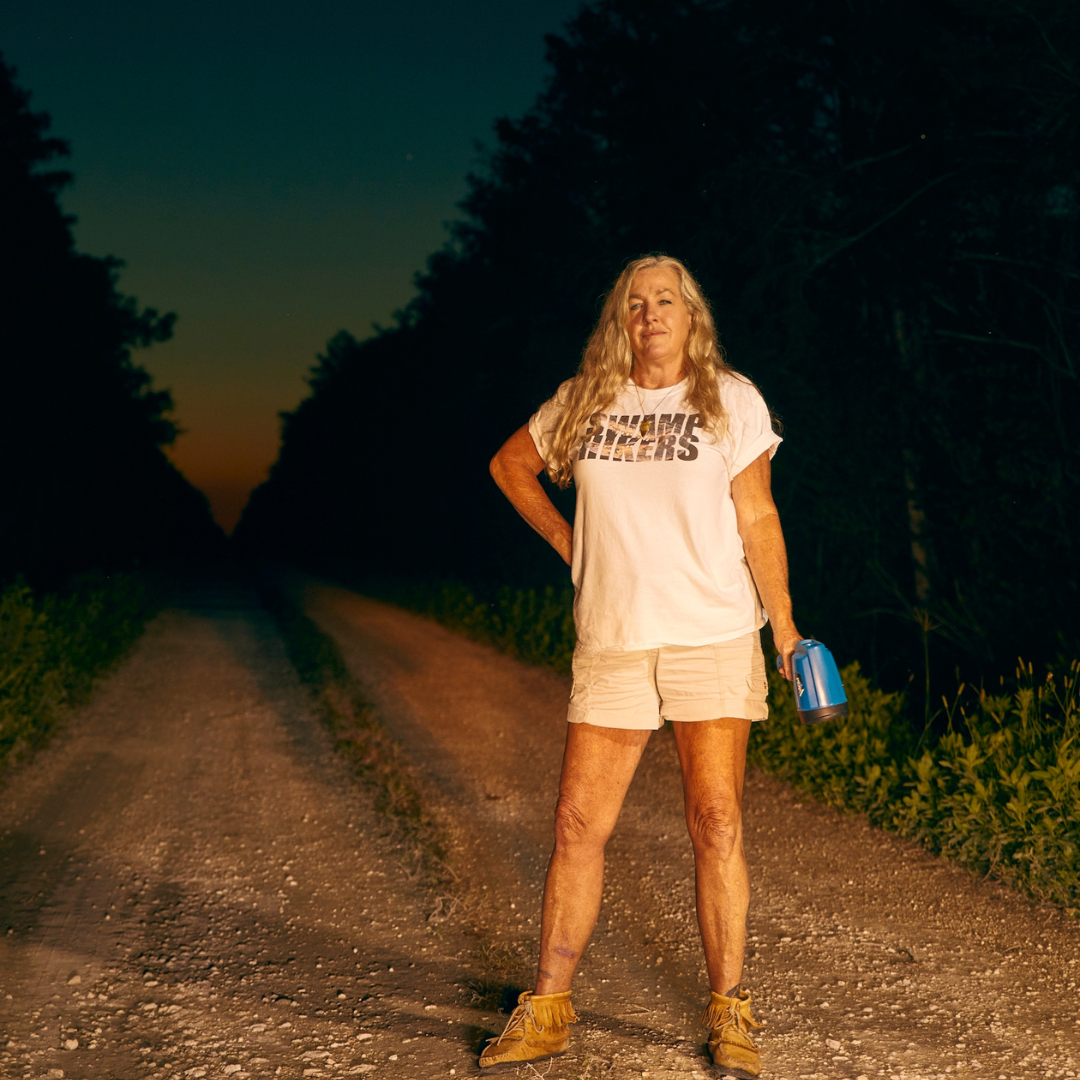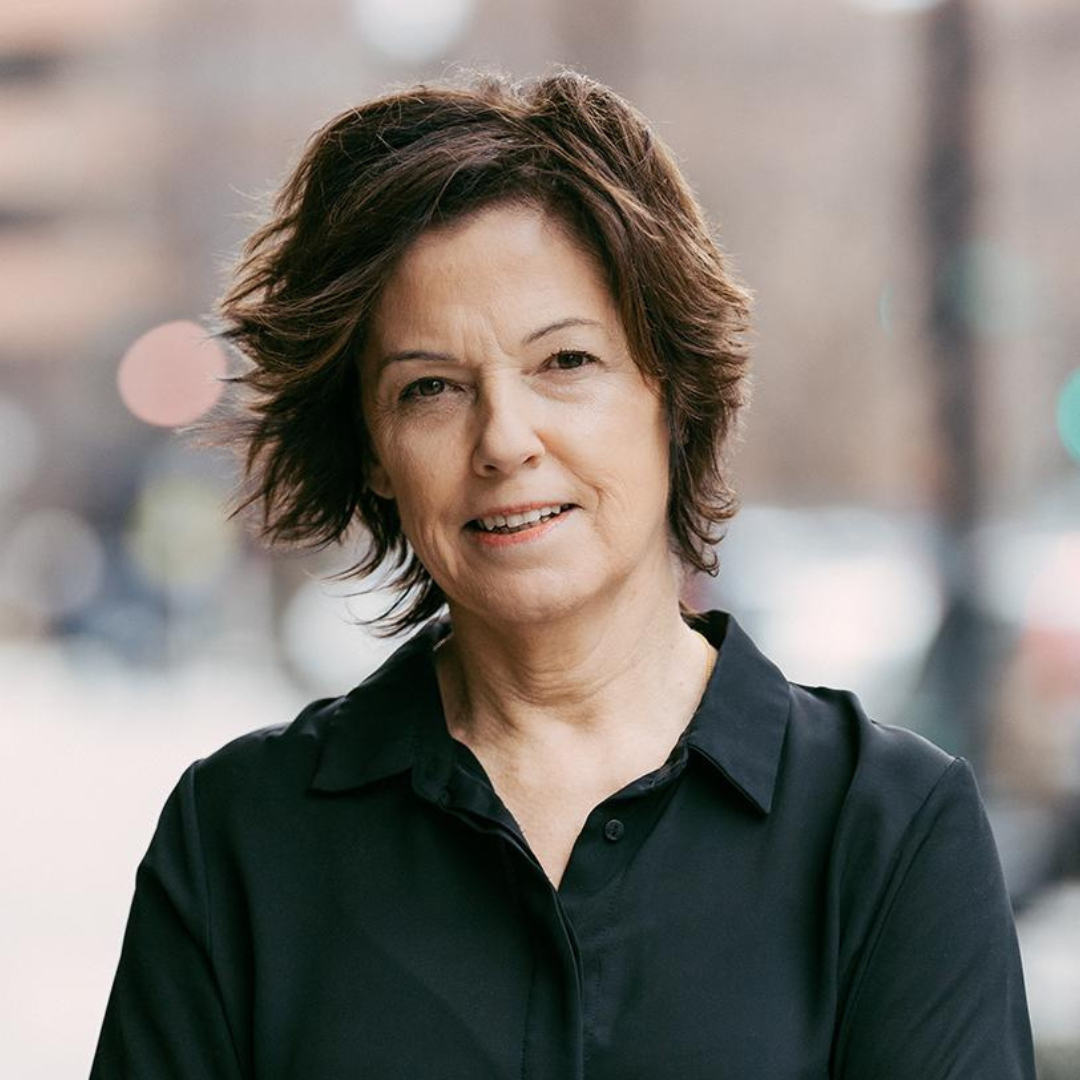by Jamie Rich | February 28, 2019
One-On-One with Shannon Miller
Olympic gymnast and cancer survivor Shannon Miller on her love of florida, personal fitness and how to protect young athletes


The game of golf and love are the two forces responsible for pulling Olympic gymnast Shannon Miller away from Boston, where she was attending law school, down to the Sunshine State over a decade ago. Since then, Miller, 41, the most decorated female American Olympic gymnast of all time, has survived ovarian cancer, built a company focused on women’s health issues, started a family and found a new calling helping young athletes stay safe.
Flamingo Editor-in-Chief Jamie Rich caught up with Miller to chat about her lifestyle, health and wellness, and what she’s doing to help keep athletes safe in the aftermath of the USA Gymnastics scandal. Here are some highlights from their conversation.
What brought you to Jacksonville?
SM: I happened to be in law school in Boston. And I also started golfing in tournaments. It was just this sport that I started to take up to kind of come out of my shell. I was very shy growing up. There was a charity tournament being held [in Jacksonville]. My husband’s company was sponsoring the event. Six months later, he found a roundabout way to get my email. And we just kind of started talking long distance. Years later, I ended up here, married with two kids.
Cancer survival is a big part of your life’s mission and involvement with nonprofit charities. Tell us about your diagnosis.
SM: I retired from gymnastics at the ripe old age of 19. In 2010, I launched my company devoted to women’s health. At the same time, I started hosting a radio show. I got to interview physicians and nurses. As we moved into the fall, we were talking about cancer awareness. I remember talking about the importance of getting to those regular exams and knowing the signs and symptoms.
I had my appointment coming up and saw I was going to be out of town. I called, thinking, “I’ll put it off. I just need to get through the holidays.”
I remember waiting on hold, thinking, “I’m about to do the exact opposite of what I tell other women to do. And here I am an advocate for women’s health.” When the receptionist came on I said, “I don’t want to put it off. Can I get on a cancellation list or first available?” She said, “Oh, that was actually a cancellation on the other line. Can you come on over now?” About an hour later, I found out I had a baseball-sized cyst on my left ovary, which was diagnosed as a rare form of ovarian cancer.
Were you feeling symptoms at the time?
SM: At the time I would have told you no. I didn’t know the symptoms. I learned I had three of the primary signs, and I completely overlooked them. Bloating—I mean, seriously? Did I have too many Diet Cokes? Or do I have cancer? You don’t think of bloating, as a woman, as a very serious issue. But I also was having pretty severe stomach pain, and yet, it was a year out from having a baby. My body was going through all kinds of crazy things. I lost about 6 pounds within a month. But again, I was thinking, I’m losing some baby weight. So I did not put any of those together. Until recently, most people thought of ovarian cancer as something that you wouldn’t get until later stages of life. [But] my form of ovarian cancer actually targets late teens through early 30s.


How did your diagnosis reframe your life vision?
SM: It is about living and having the best quality of life you can. So what health means to one person may not mean the same thing to their neighbor, and it may mean something different at different parts of your life. What health meant to me at 19—at the height of my Olympic career—is very different from what it means now. Right now health means being here for my kids, being able to play with them, and all of the things that I want to do in my everyday life. I started to look at health as even more all-encompassing than just fitness and nutrition. It’s the rest and recuperation. It’s spending time for ourselves and focusing on our health and not feeling selfish about it.
What does your personal fitness plan look like?
SM: With fitness, I have a 30-minute plan. It’s 10 minutes in the morning, 10 minutes in the afternoon, 10 minutes in the evening. Four to five times a week is kind of what most of us should target. [It’s important to] work physical activity into your everyday life and understand that, while a gym membership is great if it’s utilized, there are also other ways to get to be fit and active. I know that the best thing for my body is to change it up. Because your body gets used to certain exercises, and then it’s not challenging. And if you’re not challenging your muscles, not challenging yourself, then it’s not a productive or efficient use of your time.
Let’s talk about your gymnastics career. Are you still one of the most-decorated U.S. Olympic gymnasts in the country?
SM: I think that’s going to be challenged. I have seven Olympic medals right now. So yeah, it’s cool.
And what about your teammates and the girls from the Magnificent Seven? Are those women still in your life?
SM: They are, and even my team from 1992 as well. I just had dinner with one of my teammates. And it’s really fun because when we see each other, you just kind of pick up where you left off. It’s just this bond that will never be broken, having that opportunity to compete together and to accomplish something so incredible. In many ways [it] still feels like a dream, especially winning with my team in 1996. You just kind of look back, and you think, “Wow. Did that really happen?” And it’s fun to have grown up with all of these amazing people that had these common goals and understood what you were doing and why you would work out seven hours a day.
Were you ever on the Wheaties box?
SM: We were, yeah [laughs]. I think there’s a lot of memories that are pretty vivid, like I can close my eyes and I’m right back there in the moment.


Besides skill, what does it take to win a gold medal?
SM: I think that you have to enjoy what you’re doing. And when we talk about loving a sport or art or music, whatever your passion is, we talk about loving it. Not that you have to enjoy it every day, and it isn’t necessarily going to be easy every day. Anything worthwhile is not necessarily going to be easy to do, but if you enjoy the process, the journey, if you have a passion for it, that can take you so much farther than just being talented. My coach will tell you I was never the most talented girl in the gym. I wasn’t very strong. I wasn’t naturally flexible or powerful. But I would outwork anyone, and that’s what I knew I could do. And he talked about how I always did a little bit more. If he told me, “10 laps around the gym,” I’d do 12. “50 push-ups,” I’d do 55. In fact, he used to joke that he didn’t know if I was a really hard worker or if I just couldn’t count, but that was where my niche was. And I think that’s a really important lesson that you can overcome some of these other things if you really love it and you’re willing to do the work. And I think it’s hard to go and do the work if you don’t love it.
Is gymnastics one of those sports that you have to start doing as a toddler if you want to succeed?
SM: Gymnastics is a really great sport for young children, 6 and under, it’s fabulous. Not because they’re necessarily going to be a gymnast, but because it’s a full body workout. So at an age when kids can’t throw a ball, they can’t catch, they may not even be able to walk yet, they can get in the gym. They can start learning this body awareness. They’re engaging their brain and all parts of their body. And that sets the foundation for any sport that you want to go into. I mean, we talk about the Olympics a lot. But the reality is, there’s a whole lot more who get college scholarships than are ever going to make an Olympic game. That’s a really big deal.
What are some things parents should look for when finding their child a coach?
SM: Well, the number one thing that they need to be looking for is the safety for their kids. And I think that’s in any sport. Or as I said, music, art, anywhere you’re going to leave your child in the custody of someone else, you need to be aware and communicate personally with their coach, with the gym owner. Communication is the key.
Speaking of safety, what are your thoughts on the state of USA Gymnastics?
SM: I tend to look for silver linings, as difficult as that can be sometimes. And through this terrible ordeal for so many, I look to ways that we can better protect our children. In 2017 I began working with a nonprofit that’s located here in Jacksonville: the Monique Burr Foundation for Children. The MBF offers the only evidence-based comprehensive abuse-prevention education available in the United States. They have educated over 2.5 million children on sexual and other types of abuse as well as bullying, cyberbullying and digital danger. I spearhead the task force devoted to Athlete Safety Matters, a new program that launched last fall. These programs can help athletes, of all ages and levels, in understanding the red flags in a way that is age-appropriate, as well as action steps they can take to protect themselves.


Do you feel like the sport has been tainted by the Larry Nassar scandal?
SM: Obviously, there’s been a huge impact on the governing body of the sport. However, the sport of gymnastics remains a great sport with so many incredible benefits both physically and with regard to learning life lessons such as goal setting, teamwork, good sportsmanship and more. We would do a disservice to every survivor if we didn’t take action to prevent future abuse. The answer isn’t to keep our children away from the incredible benefits of youth sports, it’s to educate and empower all children through youth sports. We must continue to shine a light not just on the issue of abuse but also on the education that is so critical in preventing it.
Right. Are your kids in sports?
SM: They are. My daughter takes gymnastics along with a few other things. And my son does a variety. He switched from gymnastics. He now does the ninja program at the gym.
No pressure, just Shannon Miller’s kids doing gymnastics.
SM: We don’t put a lot of pressure on them. And actually neither of them, I think, are in love with the sport. They might change their mind.
SPOT ON: KEEPING KIDS SAFE THROUGH THE MONIQUE BURR FOUNDATION
The Monique Burr Foundation’s Athlete Safety Matters is a program for youth athletes, of any level and in any sport, in grades K–12. MBF Athlete Safety Matters takes the evidence-based content and the five safety rules from the MBF’s Child Safety Matters program and applies them to sports settings. In addition, Athlete Safety Matters provides athletes with scenarios and additional information to address sports-specific safety concerns, such as appropriate vs. inappropriate touching, spotting and other situations that athletes face in the course of training or competing.
Athlete Safety Matters will teach youth athletes, and the adults in their lives, how to prevent, recognize and respond appropriately to abuse (physical, sexual, emotional), neglect, bullying, cyberbullying and digital dangers.





